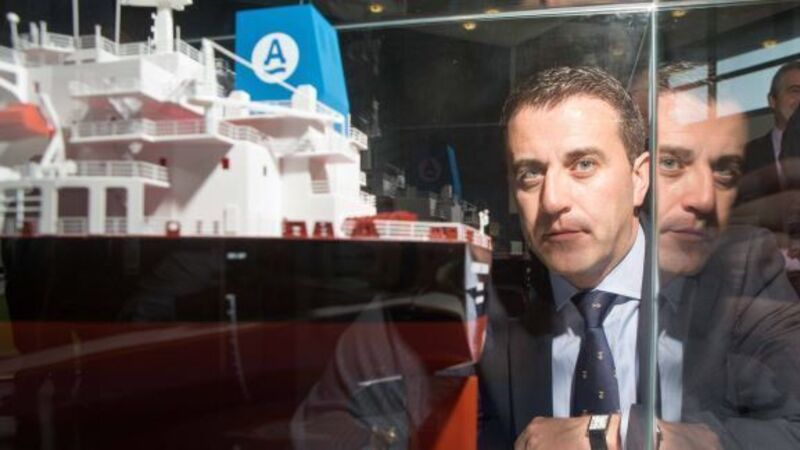National Maritime College signs German deal

The National Maritime College of Ireland, and its joint venture Irish partner SEFtec, have landed a major contract to build a marine safety training centre in Germany.
It will be modelled on the modern National Maritime College training centre in Ringaskiddy, Co Cork, and it is hoped it will showcase Irish expertise to the rest of Europe, resulting in many more significant orders.













